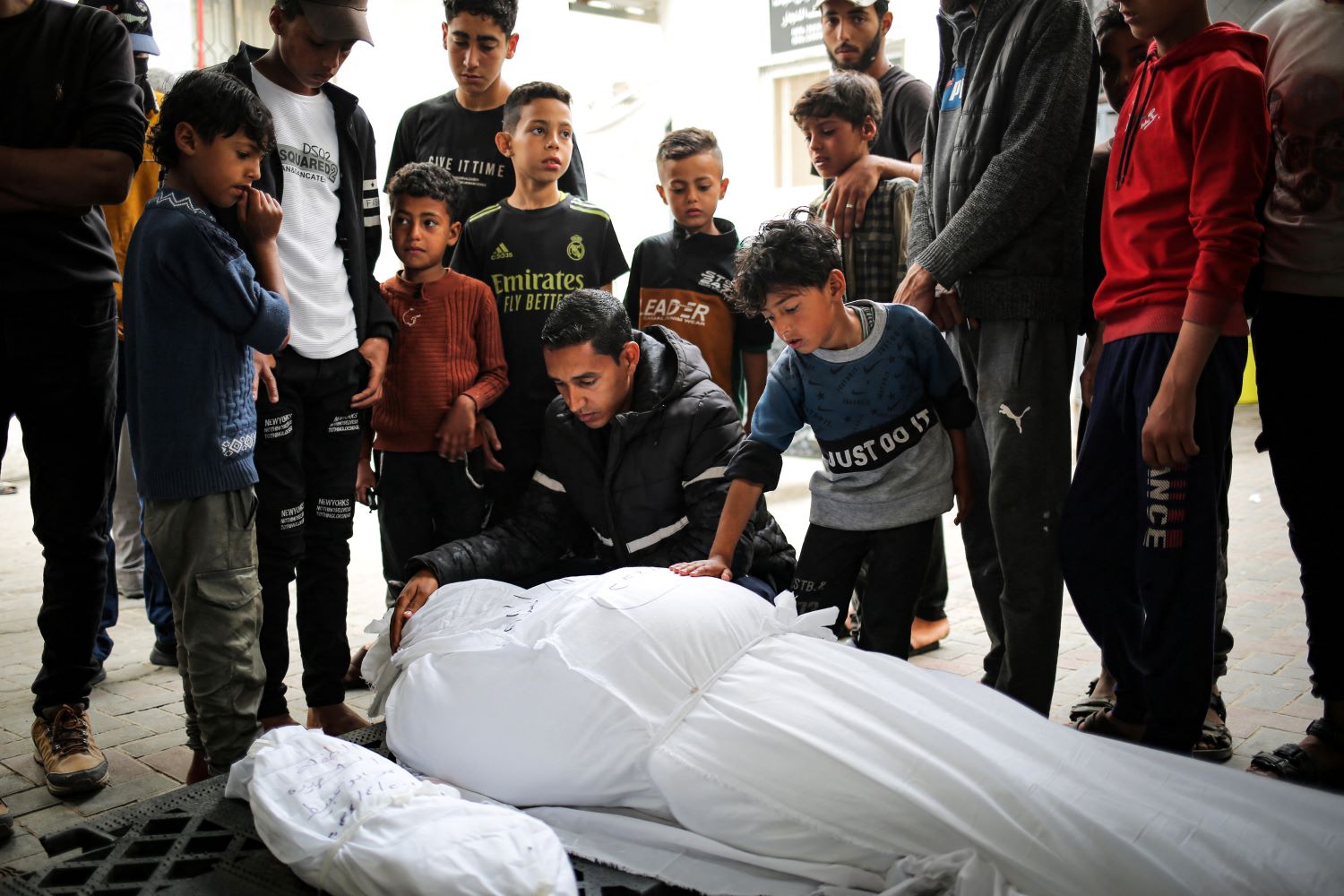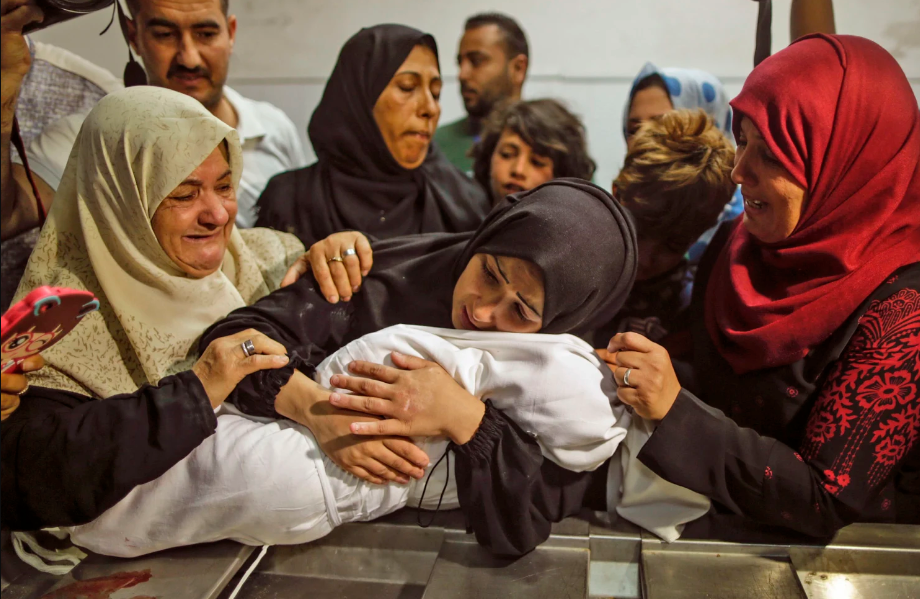In a report published on 23 January, the Israeli Turkel Commission concluded that the
“Despite being nearly 300 pages long, the report crucially fails to explain how the activists died and what conclusions the Commission reached regarding the Israel Defense Forces’ specific actions in each case,” said AI in a statement.
“The Commission’s failure to account for the deaths reinforces the view that the Israeli authorities are unwilling or incapable of delivering accountability for abuses of international law committed by Israeli forces,” it said.
“It also highlights the need for follow-up to ensure that the sharply contrasting conclusions of the International Fact-Finding Mission appointed by the UN Human Rights Council, which were issued on 22 September 2010, but not even mentioned by the Commission, are addressed and that the rights of victims to an effective remedy are upheld,” it added.
AI said that the Turkel Commission concluded that, of the 133 incidents of force used by the Israeli navy during the raid on the Mavi Marmara that it examined, 127 were in conformity with international law, while it had “insufficient information” to make a determination on the other six, three of which involved the use of live fire.
“Significantly, it chose to base its analysis of the lawfulness of the actions taken against those who resisted the boarding of the ship on international humanitarian law, which governs armed conflict and allows much greater latitude for the use of lethal force,” said the human rights organization.
“Amnesty International categorically rejects the application of this legal framework to the events concerned,” it said.
The Commission does not indicate which of the incidents of force resulted in deaths or even if it has this information. However, it states that a detailed analysis of each incident, as well as the Israeli soldiers’ written testimonies on which this analysis was based, are contained in an unpublished annex to the report, which it recommends that the Israeli government “examine the possibility of making… public,” said Amnesty International, calling on the Israeli authorities to do so without delay, “so that it can be read by independent parties.”
The September 2010 report of the International Fact-Finding Mission concluded that the Israeli forces’ use of force during the raid on the Mavi Marmara was “unnecessary, disproportionate, excessive and inappropriate and resulted in the wholly avoidable killing and maiming of a large number of civilian passengers.”
Based on forensic and firearm evidence, it said that “at least six of the killings can be characterized as extra-legal, arbitrary and summary executions.”
The
It concluded that the Israeli forces also used excessive force in intercepting three other vessels in the flotilla, the Challenger 1, Sfendoni and Eleftheri Mesogios.
The Turkel Commission claimed that activists on the Mavi Marmara used firearms against Israeli forces, even though it could not establish that activists had brought firearms on board, despite previous Israeli allegations to this effect, said AI.
This assessment was based on written statements, which the Commission acknowledged reflected “a situation of considerable confusion,” submitted by soldiers who were not subjected to cross-examination, as well as the fact that two soldiers were treated for bullet wounds, said AI. “However, there is no indication in the report that medical professionals who treated the soldiers were questioned or that ballistics tests were conducted to determine the source of the wounds,” it explained.
By contrast, the International Fact-Finding Mission “found no evidence to suggest that any of the passengers used firearms or that any firearms were taken on board the ship,” and noted that Israeli authorities refused to provide medical records or other evidence substantiating the allegations of firearm use by activists.
The Commission’s report notes the limitations of the evidence on which its analysis was based. It did not have the power to question Israeli soldiers, relying instead on their written testimonies, as well as written and oral testimonies of senior Israeli army officials and Israeli political leaders, much of which has not been made public, said AI.
M.A.










